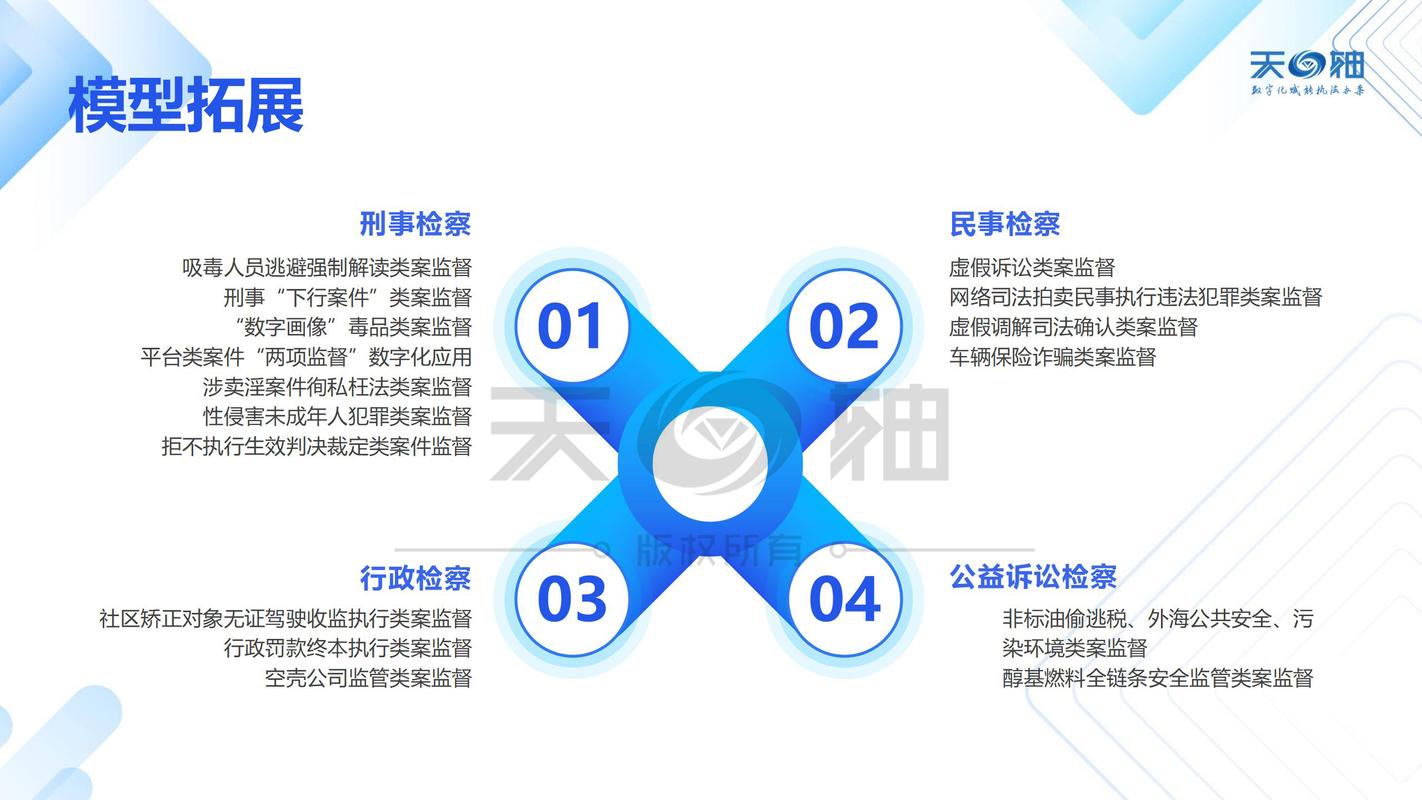Title: Integrating Big Data in Legal Practices: Strategies and Challenges
In recent years, the legal industry has witnessed a transformative shift driven by the integration of big data analytics. This integration has revolutionized how legal professionals approach case management, litigation, compliance, and risk assessment. In this comprehensive guide, we delve into the intricacies of incorporating big data into legal practices, exploring strategies, challenges, and recommendations for navigating this evolving landscape.
Understanding Big Data in the Legal Context
Big data refers to vast and complex datasets that traditional data processing applications are inadequate to handle. In the legal sector, big data encompasses various sources, including court records, regulatory filings, legal documents, emails, social media posts, and more. Analyzing these massive datasets can unveil valuable insights, patterns, and trends crucial for legal decisionmaking.
Strategies for Leveraging Big Data in Legal Practices
1.
Predictive Analytics
: Utilizing predictive analytics, legal professionals can forecast case outcomes, identify potential risks, and strategize accordingly. By analyzing historical case data and relevant variables, predictive models can provide valuable insights into the likelihood of success in litigation.2.
Document Review Automation
: Traditional manual document review processes are timeconsuming and prone to errors. Big data technologies, such as natural language processing (NLP) and machine learning, enable automated document review, significantly enhancing efficiency and accuracy in largescale document analysis.3.
Compliance and Regulatory Monitoring
: Big data analytics empower legal teams to monitor regulatory changes, track compliance issues, and assess risks proactively. By aggregating and analyzing regulatory data from various sources, organizations can ensure adherence to evolving legal requirements.4.
Legal Research Enhancement
: Big data tools offer advanced search capabilities, enabling legal professionals to conduct comprehensive and nuanced legal research. By accessing vast repositories of case law, statutes, and precedents, attorneys can strengthen their arguments and support their legal strategies effectively.5.
Client Insights and Relationship Management
: Analyzing client data can provide valuable insights into client behavior, preferences, and needs. By leveraging big data analytics, law firms can tailor their services, enhance client satisfaction, and foster longterm relationships.Challenges and Considerations
1.
Data Privacy and Security
: Legal professionals must navigate stringent data privacy regulations and ensure the confidentiality and security of sensitive information. Implementing robust data protection measures and compliance frameworks is essential to mitigate risks associated with handling personal and confidential data.2.
Data Quality and Reliability
: Ensuring the accuracy, reliability, and relevance of data is crucial for meaningful analysis and decisionmaking. Legal practitioners must assess the quality of data sources and implement data cleansing and validation processes to maintain data integrity.3.
Ethical Implications
: The use of big data in legal practices raises ethical considerations regarding privacy, bias, and fairness. Legal professionals must adhere to ethical guidelines and principles, ensuring transparency, accountability, and fairness in datadriven decisionmaking processes.4.
Technology Adoption and Skills Gap
: Embracing big data technologies requires legal professionals to acquire new skills and expertise in data analytics, machine learning, and information technology. Addressing the skills gap and promoting technology literacy within the legal workforce is essential for successful implementation.Recommendations for Legal Practitioners

1.
Invest in Data Literacy and Training
: Provide ongoing training and education programs to enhance the data literacy and technical skills of legal professionals. Foster a culture of continuous learning and innovation to facilitate the adoption of big data technologies.2.
Collaborate with Data Scientists and Technologists
: Foster interdisciplinary collaboration between legal professionals, data scientists, and technologists to leverage expertise from diverse fields. By working together, organizations can develop tailored solutions and strategies that align with their specific legal requirements and objectives.3.
Prioritize Data Governance and Compliance
: Establish robust data governance frameworks and compliance protocols to ensure the ethical and responsible use of data. Implement measures to safeguard data privacy, mitigate risks, and maintain regulatory compliance throughout the data lifecycle.4.
Embrace Agile and Iterative Approaches
: Adopt agile methodologies and iterative approaches to big data projects, allowing for flexibility, experimentation, and continuous improvement. Break down complex initiatives into manageable phases, enabling incremental progress and adaptation to evolving requirements.Conclusion
Incorporating big data analytics into legal practices offers immense opportunities for efficiency, insight, and innovation. By embracing a strategic approach and addressing associated challenges, legal professionals can harness the power of big data to enhance decisionmaking, mitigate risks, and deliver value to clients effectively. Through ongoing collaboration, education, and adaptation, the legal industry can navigate this transformative landscape and emerge as leaders in datadriven legal innovation.
This guide provides a comprehensive overview of integrating big data into legal practices, offering strategies, challenges, and recommendations for legal professionals. From predictive analytics to compliance monitoring, the possibilities for leveraging big data are vast, but so too are the considerations and ethical implications. By embracing technology, fostering collaboration, and prioritizing data governance, legal practitioners can unlock the full potential of big data to drive innovation and success in the legal industry.
标签: 大数据法规 大数据法律规制 大数据法律课件视频教程 大数据法律问题




还木有评论哦,快来抢沙发吧~